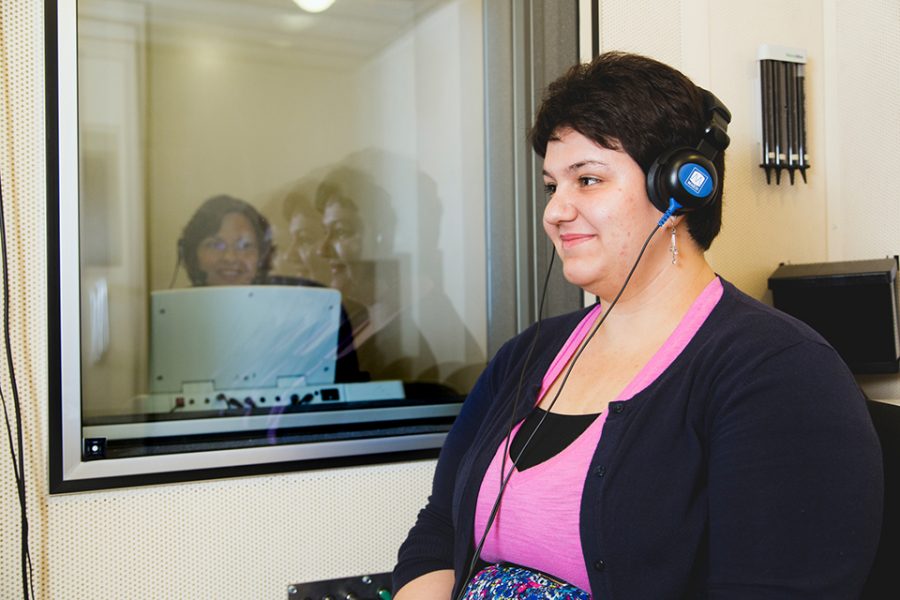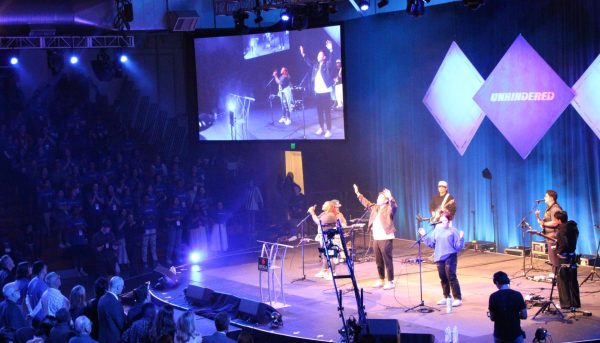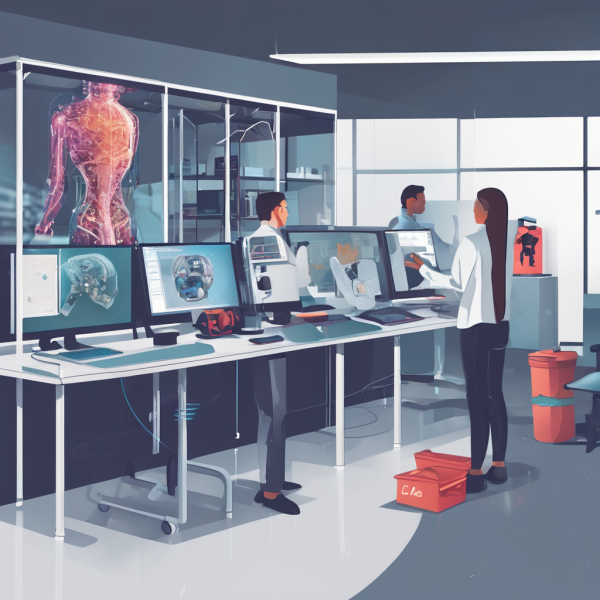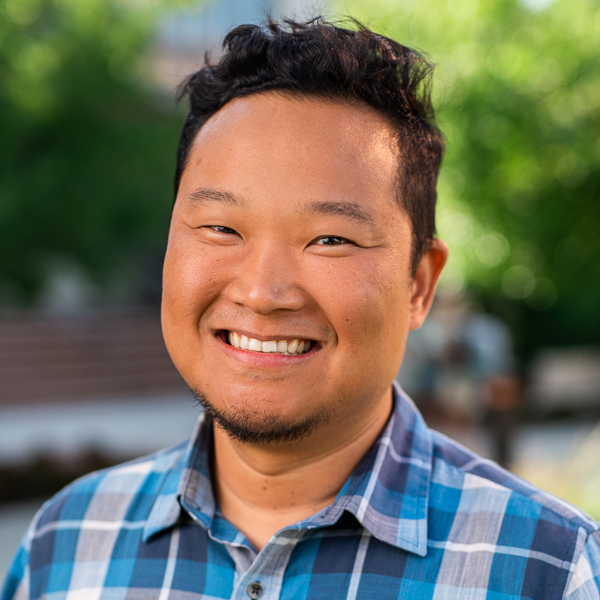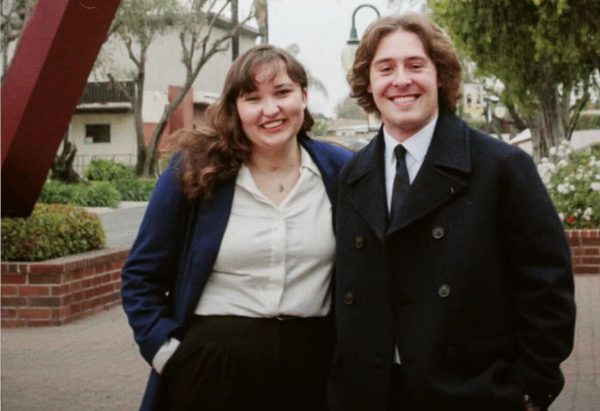Pathology program launches
The new master’s program trains Christians in the field of pathology.
October 18, 2016
The Department of Communication Sciences and Disorders launched a new master of science degree in Speech-Language Pathology, in hopes of drawing potential students to a field lacking graduate programs.
Filling positions
After four years of planning, the program formed in hopes of filling empty positions for speech-language pathologists around the country. While there remains a need for pathologists in general, Biola hopes to train Christian pathologists.
“There are very few [Christian programs] in the country. There are over 300 master’s programs in the country but less than five Christian master’s programs,” said Tonya Dantuma, associate professor of communication disorders. “We want to train Christian speech-language pathologists so they can work with their colleagues and their patients in a manner that shares Christ’s love.”
After a very competitive application process with over 100 applicants, a cohort of 20 students are currently in training, many of whom are Biola graduates, Dantuma said.
The reason there are so many applicants for so few seats is because of a lack of speech-language graduate programs in general, said Matthew Rouse, department chair of communication sciences and disorders. The lack of graduate programs creates a bottleneck between the undergraduate students looking for graduate programs and the many unfilled pathology jobs.
three-step accreditation application.
The first cohort began courses in pediatrics this fall and will start courses aimed toward adult clients in the spring.
As a part of the process, the program goes through a three-step accreditation application. The first step requires the applicant to have a site visit from the Council on Academic Accreditation, which the department of communication sciences and disorders had in May.
“We had a great site visit. There were no issues other than [the site visitors] would like to see a sink in our clinic,” Rouse said.
The program passed phase one and now undergoes the candidate phase, which can last anywhere from two to five years before being fully accredited. During this phase, the program may bring in and train students who must meet national testing standards during the duration of the two to five year period, according to Rouse. After being accredited the first time, the program must be re-accredited every eight years.


